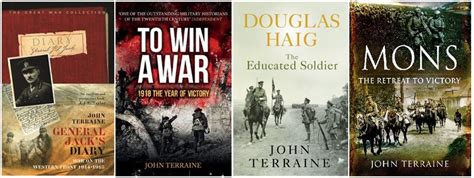A Quote by Joyce Carol Oates
I don't think I'm morbid by nature. Serious writers have always written about serious subjects. Lighthearted material doesn't appeal to me, and I don't read it. I think I'm a realist, with a realistic sensibility of history and the tragedy of history.
Related Quotes
I am opposing it with an idea of the history of philosophy as a history of philosophers, that is, a history of mortal, fragile and limited creatures like you and I. I am against the idea of clean, clearly distinct epochs in the history of philosophy or indeed in anything else. I think that history is always messy, contingent, plural and material. I am against the constant revenge of idealism in how we think about history.
I love musicals but it's very, very different. It's really just a different form than serious drama, and has very different rules and a completely different set of characters and requirements and ambitions. It maybe shouldn't be as separate as it is, but it's got a different history. In terms of serious drama, I think you'd have to say that you could break it down essentially into the narrative realist tradition and experimental theater.
I've always been a history buff. It was one of the few subjects at school that really, really caught me. I think you'll find a lot of actors will be interested in history because it sparks your imagination so much. When you enter a period of history, your imagination just goes wild in creating the world, which is really what acting is.
Laurence Olivier said in an interview once that when he plays a tragedy he always aims for the funny parts, and the other way around. Because in a comedy you look for what's serious. I think that's true. Sometimes things are really funny if you're absolutely earnest. If you're really serious, it's hilarious.





































